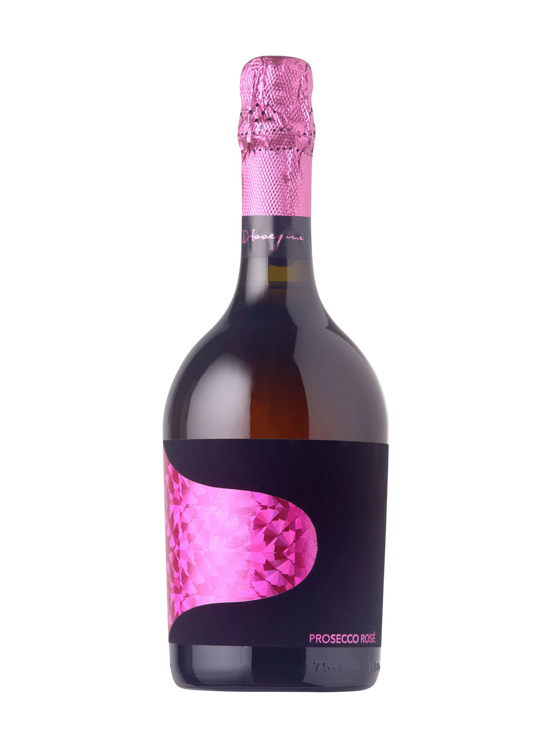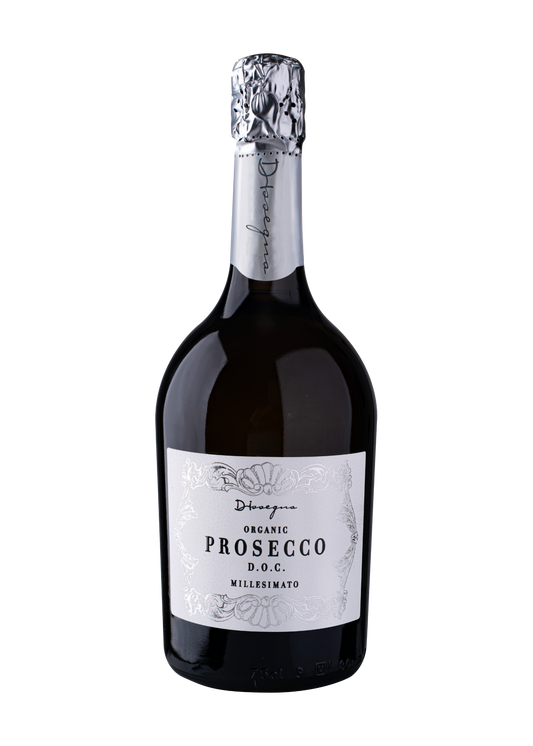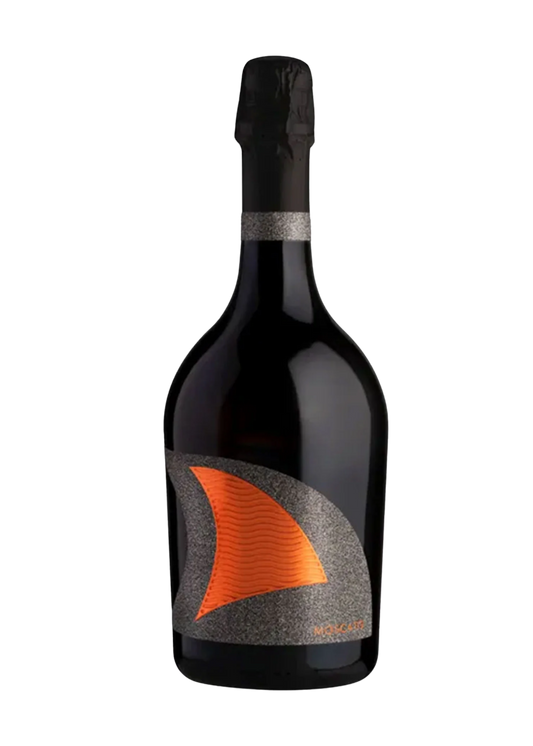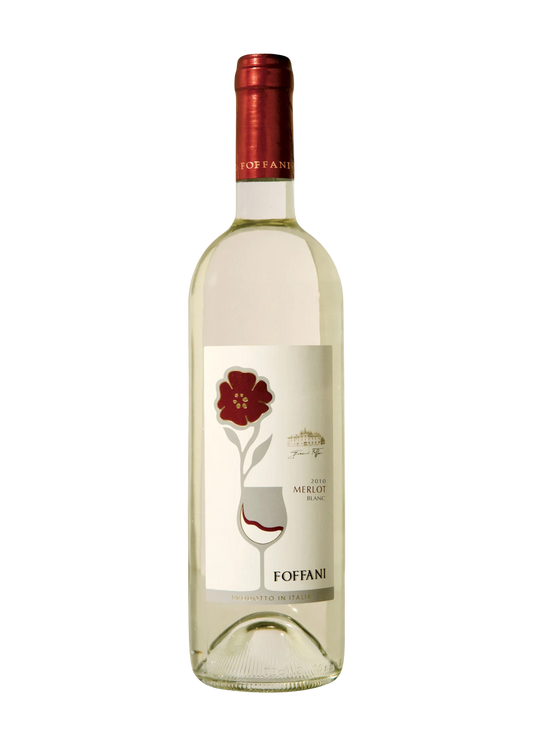RAISE A GLASS TO LIFE'S MOMENTS
DISCOVER PREMIUM ORGANIC WINES, BEERS & SPIRITS
Modern Tastes, Ancient Ways
Simply stated, our mission is to promote small craft wineries that produce high-quality wines in limited editions. That’s the “what” of Solo Cru. It’s when we start to explore the “how” that things get very interesting — and very passionate.
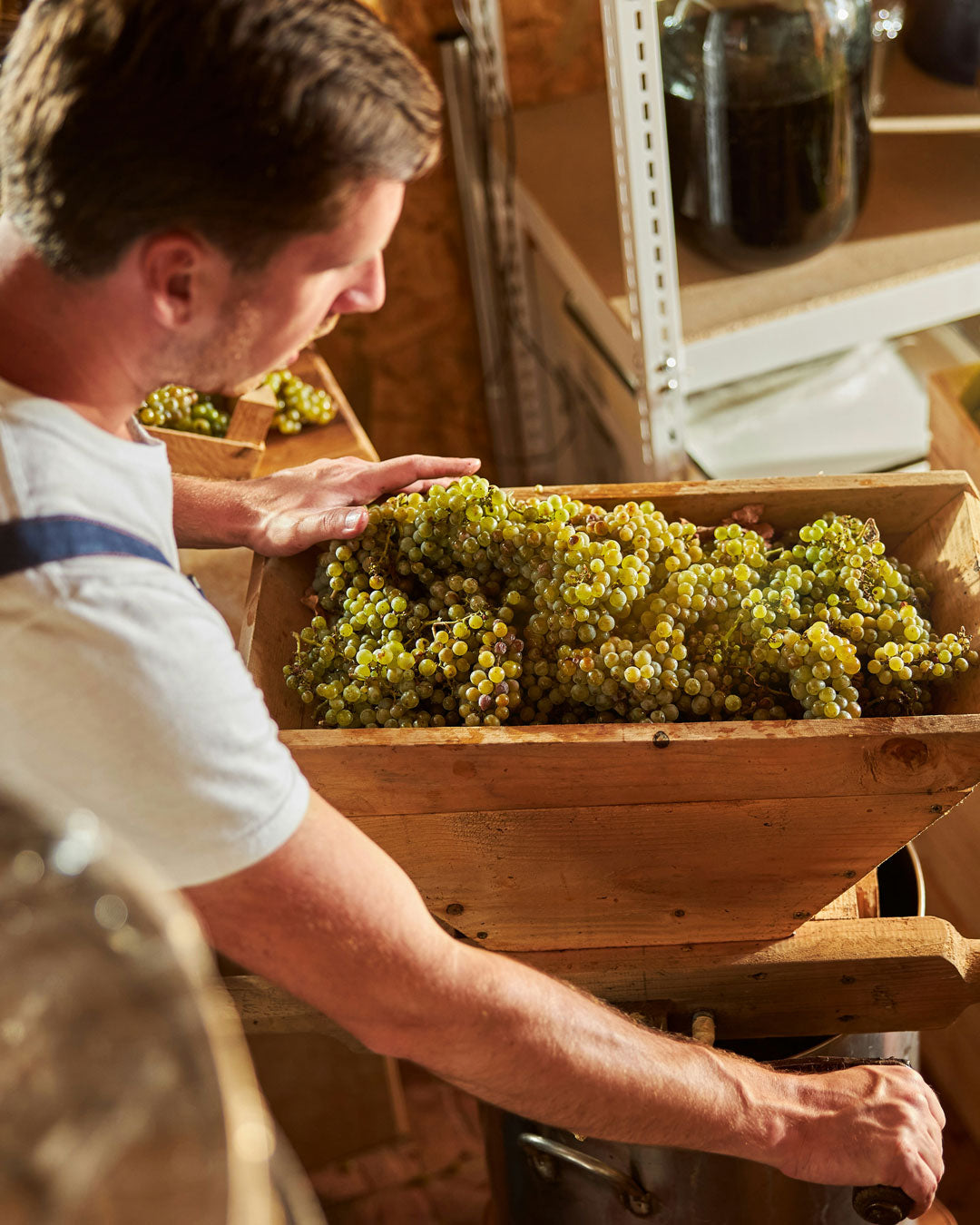
Passion
Solo Cru was born from the passion we feel for our homeland, Italy, and the wines our country is famous for. And like all passions, it’s fueled by a dream that we are determined to make a reality.
Nature is the most fundamental aspect of our lives, and respecting its uniqueness and mutability invites humans, the earth and its plants into a unique and harmonious dance of beauty and romance.
The wines we select must bring all of these elements together in a warm embrace: an abiding respect for nature and the environment, an artistic flair that celebrates mystery and romance, and a true craftsman’s care for quality and distinction.
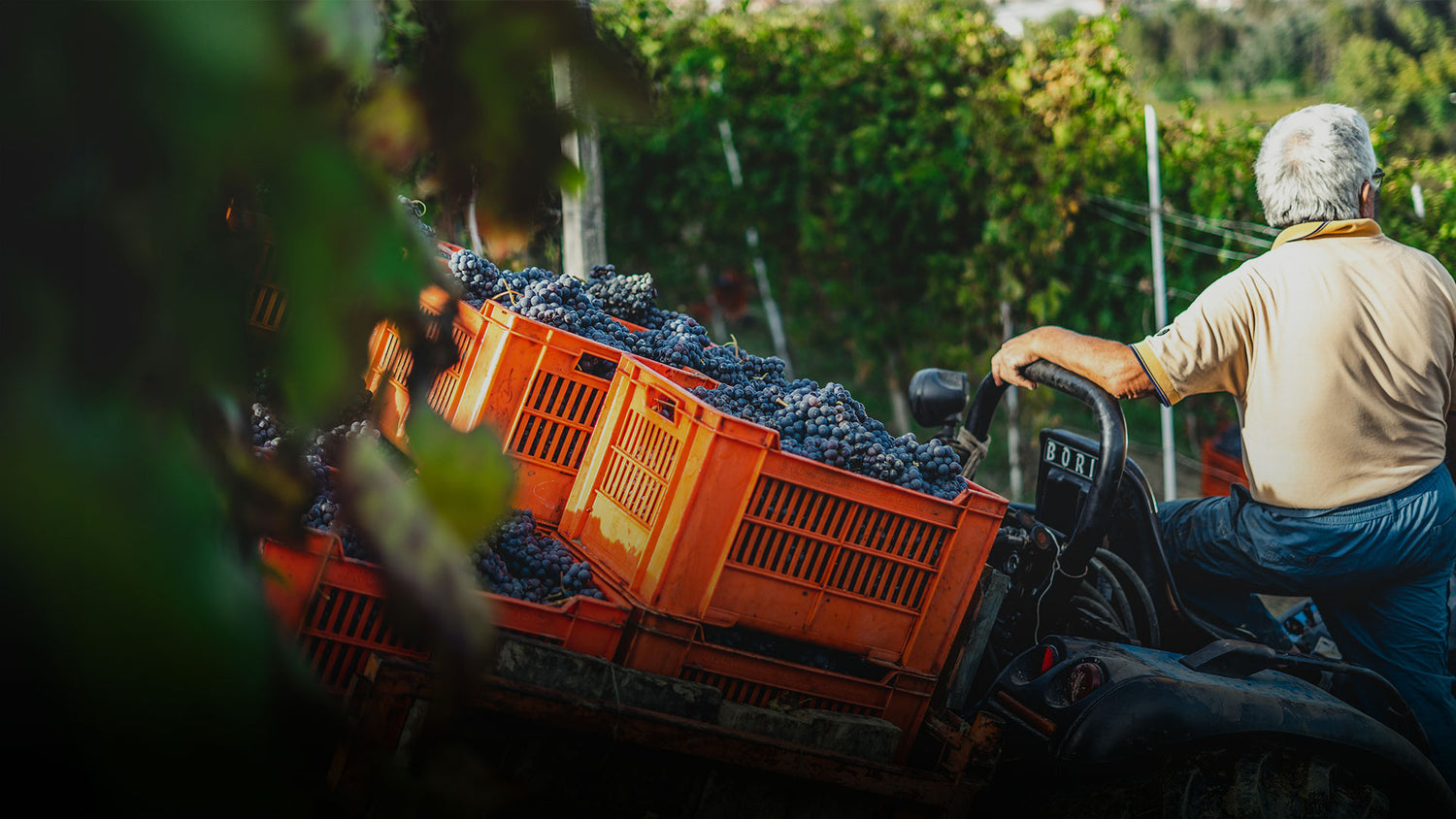
The Solo Cru distinction
“Do as little as possible”
Climate, altitude, soil and native yeast make up the “terroir” or environmental factors that determine “cru” — a superior growing site.
Our Organic, Biodynamic and Natural wines are part of a viticulture which avoids chemicals, only allowing a low dosage of copper and sulphur treatment and with a lower yield per acre.
-
Organic
Organic agriculture takes the view that the use of chemical enhancers and pesticides is the antithesis of growing naturally healthy vines that protect themselves from parasites in a strong soil and a balanced environment. To the ethical wine-maker, soil is a live organism which supplies the vine with all the nutrients it needs. Biodiversity becomes an asset which allows vines to cohabit with other plants, insects, animals and birds, creating a balanced ecosystem that self-protects from aggressive parasites.
-
Biodynamic
The big “B.” Biodynamic agriculture respects Organic rules through the use of natural fertilizers based on mixes of herbs and compost. Every step of the process is based on the astral and lunar calendar (Biodynamic rules are internationally regulated by an independent organization called “Demeter.”) The vineyard is considered as a “being,” with the wine-maker focusing on the health of the entire environment. The Biodynamic vineyard is rich and fertile much like the original fields cropped centuries ago.
-
Fungus Resistant Vines
Fungus Resistant Vines (aka “pilzwiderstandsfähig” or PIWI for short — German for “fungus resistant”) are “super-organic” plants that do require any kind of chemical treatment. PIWI varieties produce high quality grapes while respecting the environment. Invented in the 1980s after years of research that stretch back to the late 19th century, these Fungus Resistant Vines are strictly connected to the Sustainable Agriculture and Organic Vines (movement ? ‑JD) by avoiding chemicals while keeping the environment in balance.
-
Sustainable Agriculture
A broad concept which extends from the vineyards to society and the economy, Sustainable Agriculture respects the total environment (preserving water, sustaining soil’s natural fertility, biodiversity) all while avoiding chemicals. This method of agriculture treats our world kindly because the vines grow naturally without stressing the plants to overproduce. A fair price (as in fair trade) can then be offered to the wine-maker. This in turn sustains the local market and its economy. Sustainable Agriculture also uses renewable energy in order not to impact the earth’s environment and leave as little of a footprint as possible.
-
Hand Harvest
Choosing just the right moment to harvest grapes is essential to wine production. The best wines are produced from either perfectly ripened or late-harvested grapes (and natural grape farmers continually sample and lab test their crops to ensure quality). Hand-picked harvesting preserves the bunches from damage and allows the wine-maker to select the best grapes in the vineyard. Grapes are collected into small crates, with great care taken not to crush the grape berry while they are quickly transported to the winery.
-
Low Yield
Less is more as the grape yield per acre defines the quality of the wines: a yield of less than 40 quintals per acre results in high-quality grapes. Only low yield vineyards are perfect enough for making fine wines with a unique aroma and taste ; natural products that reflect the “terroir” where they originate.
-
Vegan
If you think of all wine as being animal by-product free, think again. Casein and albumin (animal proteins) are traditionally used during the clarification process to make wines clearer and more pure. Vegan regulations forbid the use of these substances (along with gelatine and fish glue) in wine-making. Instead, the clarification process of a Vegan wine involves a special clay (bentonite) and seaweed. In addition, Vegan regulations require vines to be non-GMO certified. Interesting fact : The agricultural guidelines of Vegan wine are similar to its Organic cousin, with the key difference being fertilizers including animal origin ingredients are prohibited. Vegan wines are cruelty-free !
Curated by our sommelier, enjoy a unique portfolio of flavours and sensations
For many of our customers, choosing the right wine for meals or occasions is half the fun. Whether you’re an expert on varietals or just looking for the right pairing with your main course, we would love to introduce you to some outstanding highlights from our collection.
-
Prosecco Rosè D.O.C. Millesimato Extra Dry 2024
Regular price $24.95 CADRegular priceUnit price / per -
Prosecco D.O.C. Millesimato Extra Dry 2024
Regular price $22.50 CADRegular priceUnit price / per -
Moscato Aromatico Sweet 2022
Regular price $19.95 CADRegular priceUnit price / per -
Merlot Bianco D.O.C. Friuli 2020
Regular price $26.40 CADRegular priceUnit price / per
